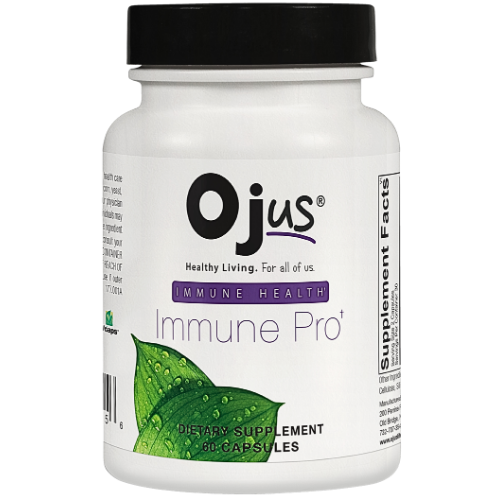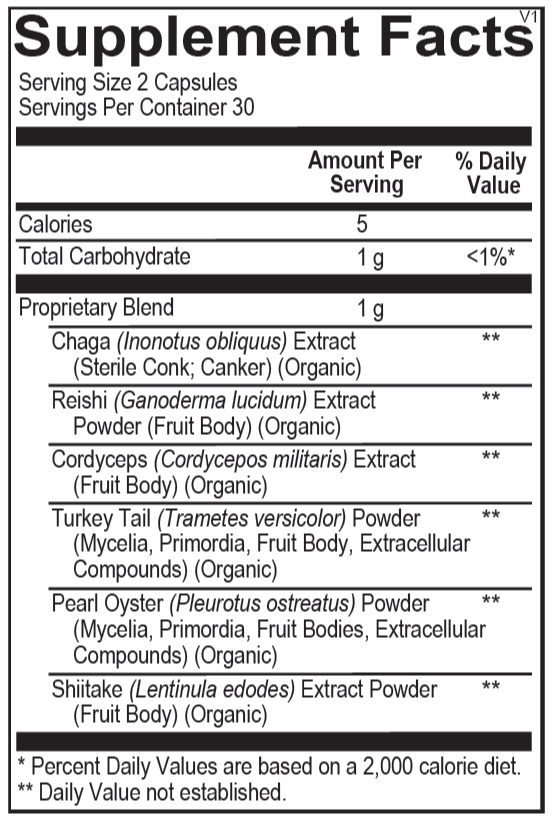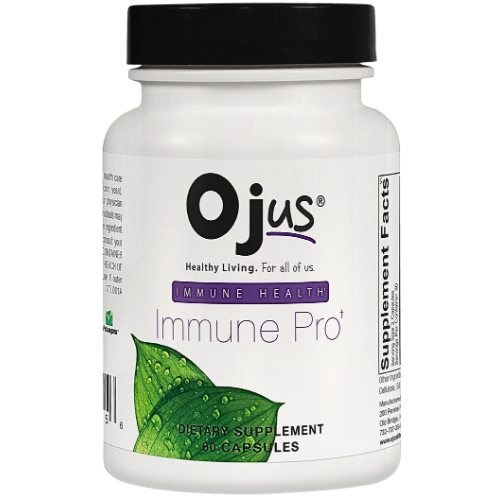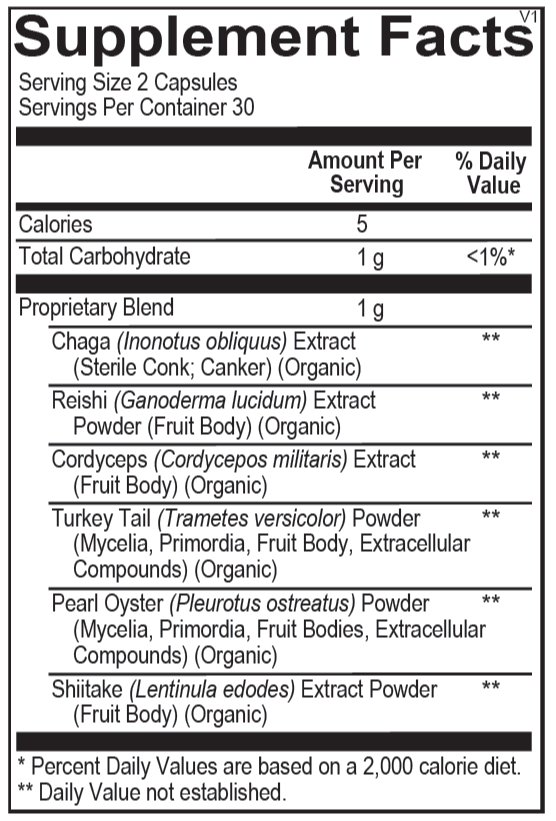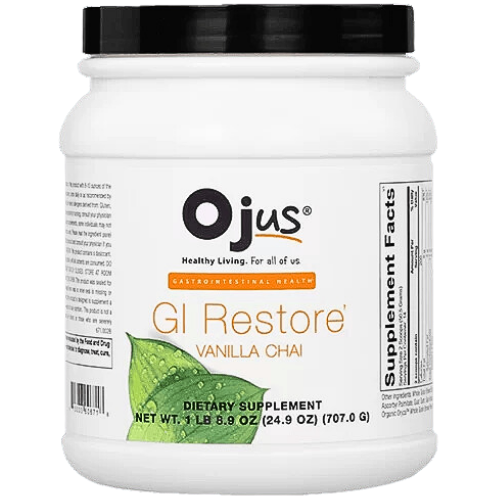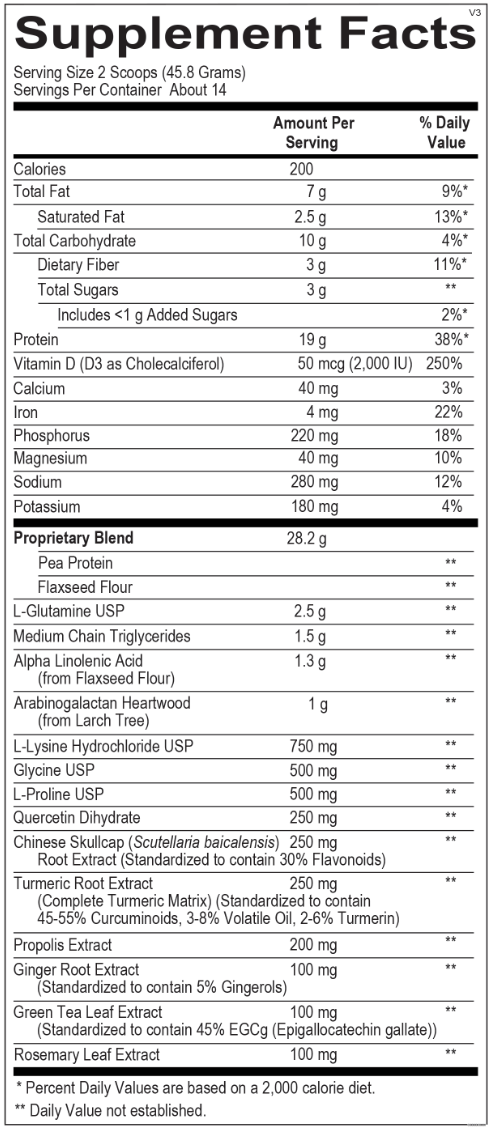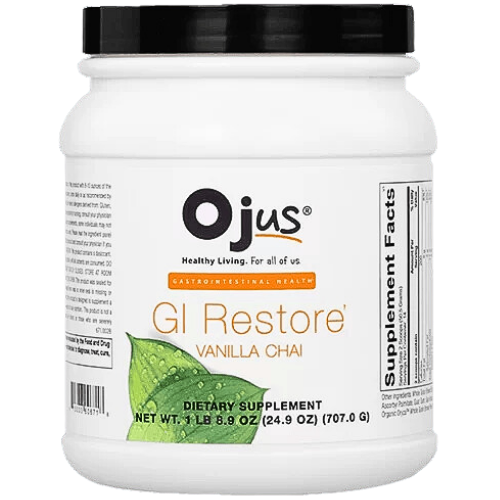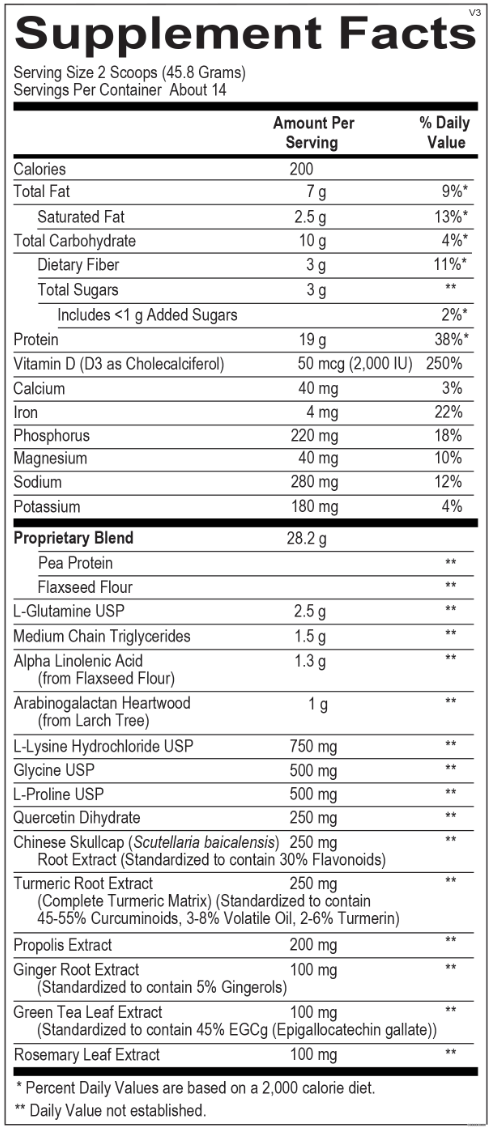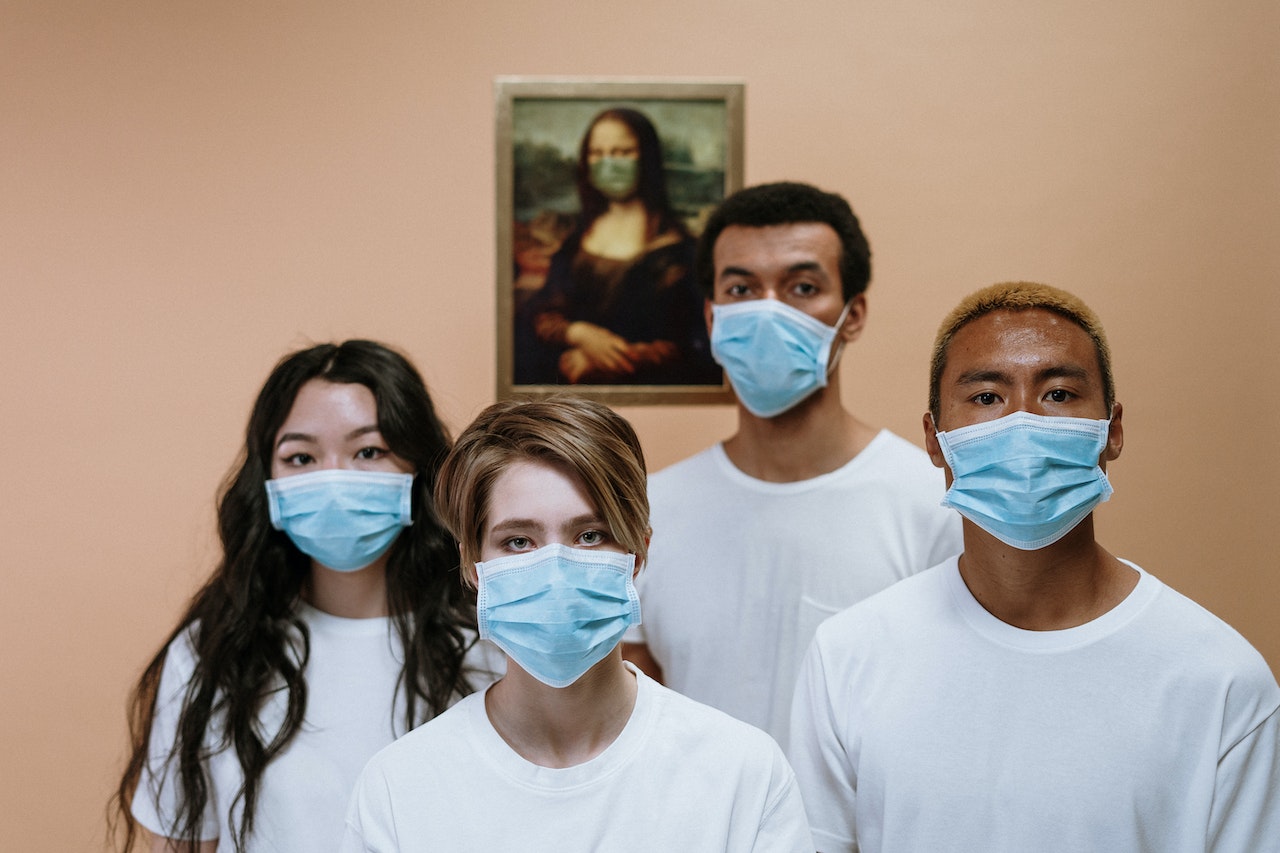
How is HPV Transmitted Orally?
Dr Anita NischalTable of Contents
| Human Papillomavirus (HPV) is the most widespread sexually transmitted infection (STI) in the United States. There are approximately more than 100 distinct kinds of the virus, about 40 of which can affect the mouth, throat, and genitals. HPV is not a specific disease but a cluster of more than 200 virus types that trigger HPV mouth warts and other parts in the body. |
In some cases, the immune system dissipates human papillomavirus or oral HPV from the body before it can lead to a complete infection and symptoms. Also, some strains of HPV can cause mild oral lesions that generally look like common warts, but doctors have connected some others with oral cancers as well.
What is Human Papillomavirus?
Human papillomavirus (HPV) is a viral infection that is spread amongst people through skin-to-skin contact. More than 100 variations of HPV, among which 40 are transmitted through sexual contact and can disturb your genitals, mouth, or throat.
As per to the Centers for Disease Control and Prevention (CDC), HPV is the most frequent sexually transmitted infection (STI). It is so popular that extremely sexually active people will get some array of it at some point, although they are involved with few sexual partners.
Most people who are sexually active may not show oral HPV symptoms or health problems. But the virus can continue and cause long-term complications. These involve cervical cancer in women, penis cancer in men, and both, many kinds of cancers of the anus and oropharyngeal cancer.
What does Oral HPV look like?
Oral HPV reproduces mainly all through oral sex and mouth-to-mouth interaction between people. Through mouth-to-genital or mouth-to-mouth contact, oral HPV particles in the saliva or mucus enter carrying the virus.
During pregnancy, the oral Papillomavirus can also pass to babies. In certain instances, it may disseminate via oral contact with infected utensils or medical instruments.
The immune system typically demolishes attacking HPV particles before the disease. Thus, Healthy immune systems normally settle HPV infections within 1–2 years.
How do you get HPV in Mouth?
A person with genital oral HPV may or may not have noticeable HPV warts in the genital area, comprising all around the start to the vagina, around the anus, or on the penis. A person who involves in oral sex with genital HPV can contract HPV in the mouth known as called oral HPV.
Similarly, a person who has oral HPV and makes oral sex can transfer the infection to the genital area of his or her partner. Oral HPV also can be dispersed through deep kissing neither the person may comprehend that they are infected, and visible HPV mouth warts may never grow.
Also, particular strains of HPV can lead to cancers of the mouth and throat (also called oropharyngeal cancers). One precise sort of HPV (called “type 16”) is linked with most cases of oropharyngeal cancers.
The categories of HPV found in the mouth are nearly completely sexually transmitted, so it is probable that oral sex is the key route of getting HPV mouth warts.
Oral HPV Symptoms
Generally, oral HPV has no symptoms, which means that people do not recognize they have an infection and may not take the steps required to limit the spread of the disease. It is likely to grow HPV mouth warts in certain cases.
Oral Papilloma can turn into oropharyngeal cancer, which is uncommon. If you have oropharyngeal cancer, cancer cells develop in the middle of the throat, containing the tongue, tonsils, and pharynx walls. These cells can build from oral HPV.
Early symptoms of oral Papilloma comprise:
- trouble swallowing
- earaches
- coughing up blood
- unexplained weight loss
- enlarged lymph nodes
- sore throats
- lumps on the cheeks
- growths or lumps on the neck
- hoarseness
- a sore or painful bump
- discoloration of the soft tissues in the mouth
- pain when chewing
- numbness in the lips or tongue or near the mouth area
- drooling
If you observe any of these symptoms of HPV in the mouth and you know or believe you may have HPV, visit your doctor immediately.
Oral HPV Diagnosis
No test is accessible to verify if you have HPV in mouth. Your dentist or doctor may find lesions through a cancer screening, or you may observe the lesions first.
If you have lesions, your doctor can operate a biopsy to see if the lesions are cancerous. They will perhaps also test the biopsy sections for HPV.
Oral HPV Prevention
Sexual contact such as oral sex and deep kissing can be a way of HPV or oral Papilloma transmission from one person to another. The probability of contracting oral HPV is linked with the number of sexual partners a person has had.
But there are some ways to prevent oral HPV and related oral cancer, varying on your age.
Pre-teens, teens, and adolescents of both sexes can get vaccinated against HPV. The Centers for Disease Control suggests that young women get vaccinated counter to the virus to prevent cervical cancer.
Vaccination will not help older people or the millions of people already sick with HPV. Also, the use of condoms can prevent the oral HPV and the spread of the virus during penile-vaginal, penile-anal, or penile-oral sex.
Apart from getting vaccinated, people can furthermore lessen their risk of contracting HPV by:
- using barrier methods like condoms and dental dams, during sexual activity and in oral sex
- avoiding oral sex & deep kissing when a partner has open cuts or sores in the mouth
- Perform regular STI screening tests
- Do regular dental checkups
- Look out for medical attention from a doctor or dentist for sores or growths in the mouth or on the tongue.
- Limit your number of sexual partners.
- Make it a habit to check your mouth for any abnormalities once per month.
To help you fight HPV or oral Papillomavirus, Vayur– an HPV natural support is introduced by OjusLife. Vayur includes a powerful mixture of major nutrients and botanical extracts that provides immune support and reduces the Herpes outbreak.
The synergistic blend of botanical extracts black elderberry, astragalus, echinacea, and Andrographis, all of which have been used conventionally for their clinically useful combatting HPV. In addition, take the vitamins for HPV, which are a non-GMO and a gluten-free product.
Also Read: List of Foods That Help Strengthen Immune System
Yes, you can get HPV by having sex or oral sex with someone who is infected with HPV. This HPV disease is passed easily during anal or vaginal sex, and it can also be transmitted through oral sex or another skin-to-skin touching during sex.
Yes, giving or receiving oral sex to a partner who is HPV-infected can result in getting HPV in genital warts.
Tongue warts or HPV mouth warts may grow after oral sex if your partner has genital warts. If your partner is suffering from oral HPV, it may also be likely to contract the virus if you perform open-mouth kissing. Also, if you touch a wart and then put your hand in your mouth, you could give rise to HPV mouth warts.
One way to get rid of oral warts is through cryotherapy. This method uses cold liquid nitrogen to freeze off the abnormal tissue. The next method is electrosurgery, which involves the use of a strong electric current to cut through the wart and eradicate abnormal cells or tissues.
Besides, you can include herbal and natural supplements for HPV in your diet. One of them is Vayur from OjusLife. A perfect amalgamation of natural herbs and extracts, this vitamin supports HPV and reduces Herpes outbreaks.
The most common HPV in the mouth is small, hard sores called warts, but not everyone who has HPV gets these warts in their mouth. They may be raised, flat, or shaped like a cauliflower, and they can be of different sizes.
An HPV test is generally performed during the same time as the Pap test. A Pap test is a test that collects cells from your cervix to check for abnormalities or strains of cancer. An HPV test can be done in the same sample from the Pap test or by taking a second sample from the cervical canal of the person.


